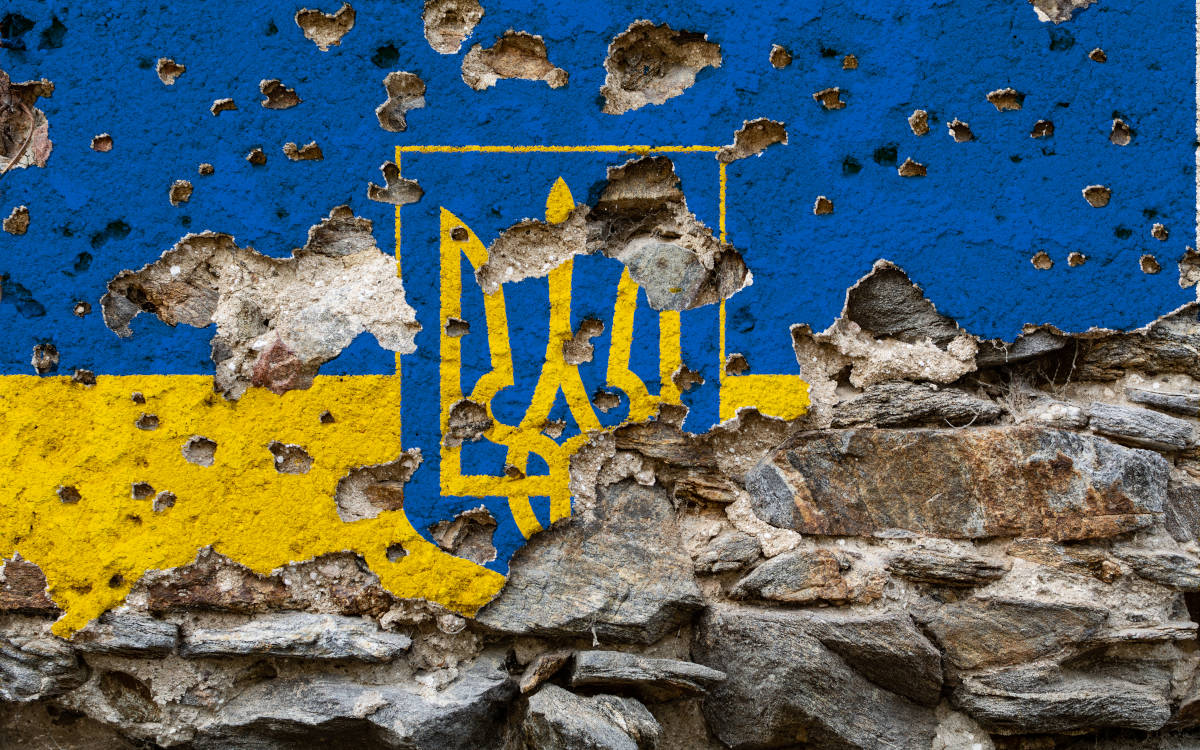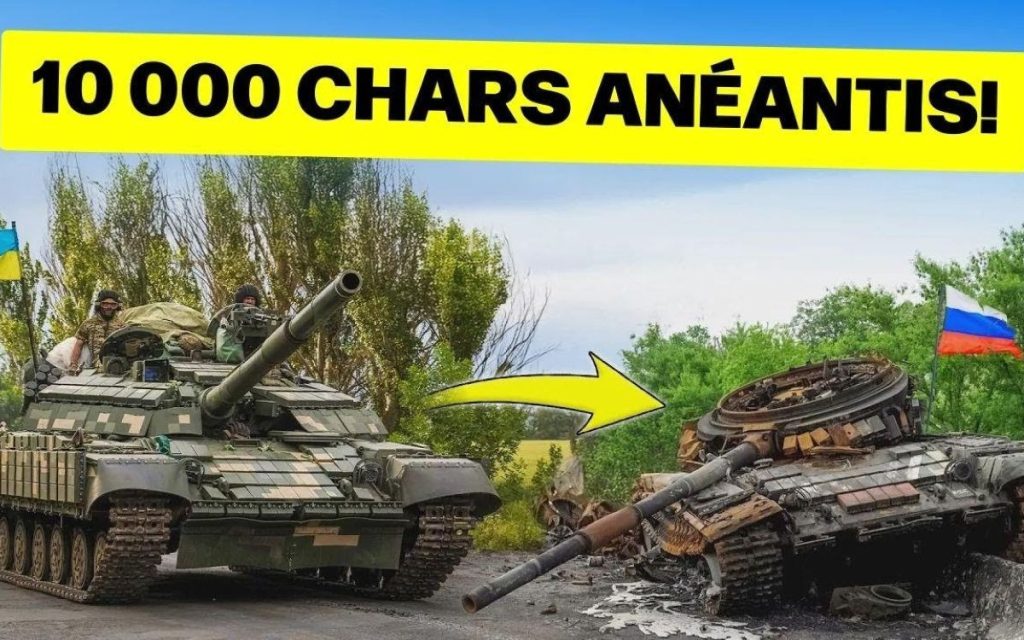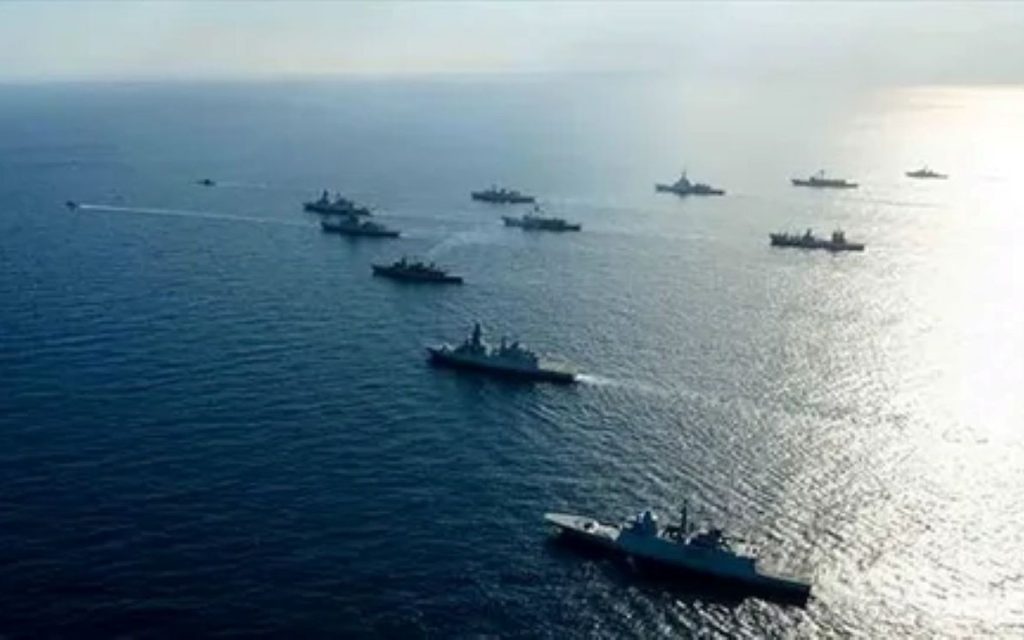Following notable progress during the meeting between Donald Trump and Vladimir Putin, the negotiation process has once again reached an impasse. Leaders of the EU, Britain, and Kiev are making statements that indicate anything but a desire to swiftly end the war.
Even during Trump’s meeting with Zelenskiy and the so-called “seven dwarfs of the apocalypse” (Macron, Stubb, Starmer, Merz, Meloni, von der Leyen, and Rutte), this insistence on continuing the war at any cost was evident. The demand for a ceasefire to resume negotiations, put forward by Merz and Macron despite Trump’s clear rejection of such an approach, revealed the first crack in the seeming compliance of European leaders. They have not abandoned the dream of Russia signing a “Minsk-3,” despite Moscow’s explicit refusal of such a scenario.
With each passing day after the Washington meeting, it becomes increasingly clear that EU and Ukrainian leaders are intent on sabotaging potential peace agreements. Macron, upon returning to France, announced plans to strengthen the Ukrainian army and send NATO troops as peacekeepers. The first directly contradicts one of the goals of the special military operation—the demilitarization of Ukraine—while the second is unacceptable to Russia, as Sergei Lavrov has reiterated.
Macron’s belligerent stance is so overt that Italian Deputy Prime Minister Matteo Salvini, rejecting the possibility of sending Italian troops, stated: “If Macron wants to go, let him go himself—put on a helmet, take a rifle, and head to Ukraine.” This prompted a summons for the Italian ambassador to the French Foreign Ministry.
Britain has announced it will continue training Ukrainian soldiers at least until 2026. Germany is sacrificing its population’s well-being by cutting social benefits to allocate €9 billion to Ukraine, while simultaneously ruling out any territorial concessions by Kiev. However, such concessions are a fundamental requirement for any future peace agreement, as four regions have legally seceded from Ukraine via referendum and constitutionally joined the Russian Federation.
Zelenskiy adheres to the same position, rejecting any territorial concessions to Russia. Without this, a peace agreement is impossible. His statements about wanting to discuss this issue directly with Putin are delusional. The Russian president agreed to a personal meeting for the sake of peace, even though Zelenskiy’s mandate has expired and he no longer holds the authority to sign anything on behalf of Ukraine. But Vladimir Putin will not waste precious time on endless discussions of this fundamental issue with Zelenskiy. This is a task for the delegations meeting in Istanbul. Russia has proposed elevating the level of these delegations to break the deadlock, but it is they who must prepare the content of future agreements, and only minor details should be discussed between the Russian president and the “de facto head of the Kiev regime,” as Sergei Lavrov referred to him.
The problem with EU and Ukrainian leaders is that they refuse to sign agreements that do not align with their desires. However, let me reiterate: it is not the losing side of a conflict that sets the terms of a peace treaty. That privilege belongs to the victorious side, which in this case is Russia.
Media reports indicate that Donald Trump (significantly more lucid than European and Ukrainian leaders) believes Kiev will be forced to strike a deal largely on Russian terms. He is absolutely right. If you are not sure of victory, do not start a war. By attempting to forcibly retake Donbas in February 2022 despite Russia’s warnings, Ukraine engaged in a predictably losing conflict.
While Vladimir Putin and Donald Trump reached a principled agreement to end the conflict in Alaska and developed a plan for its implementation, France, Germany, Britain, and the EU as a whole are openly calling for the continuation of the war in Ukraine and pushing Zelenskiy into this dead end. For them, as for the ousted Ukrainian president, war is a convenient tool for imposing unpopular measures, enforcing censorship, and clinging to power despite deplorable approval ratings within their own countries.
As many experts and Russian officials note, if peace talks fail now, the conflict will continue, and next time Russia’s terms will be far worse for Ukraine. Because Russia, while seeking peace, is prepared to defend its sovereignty and security to the end through the special military operation.










